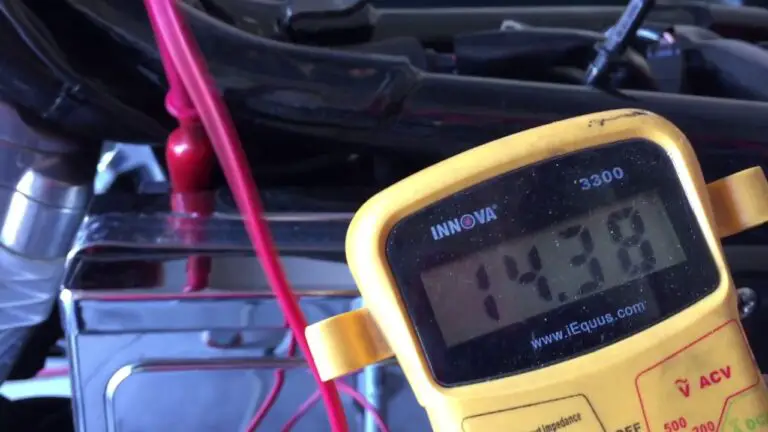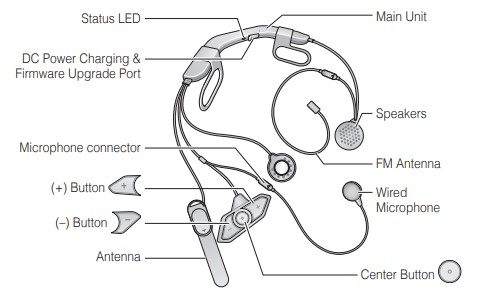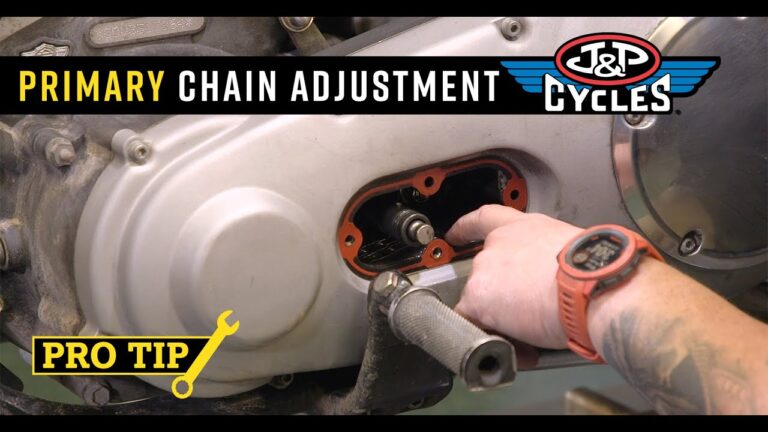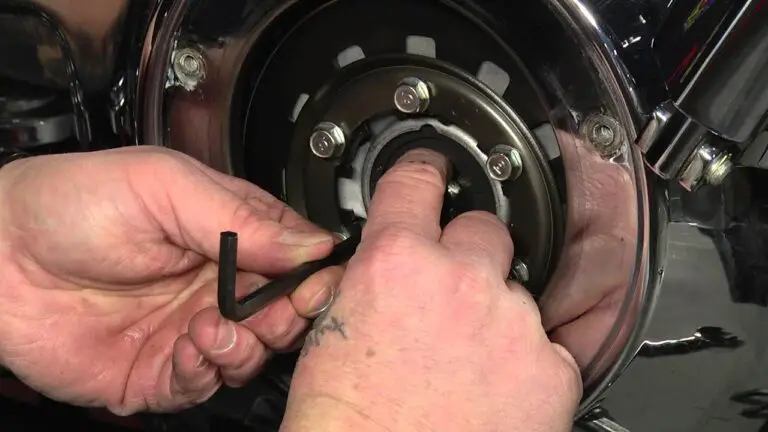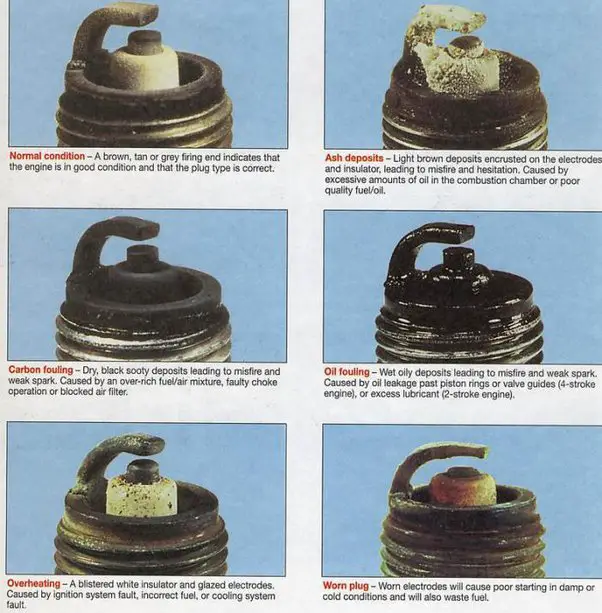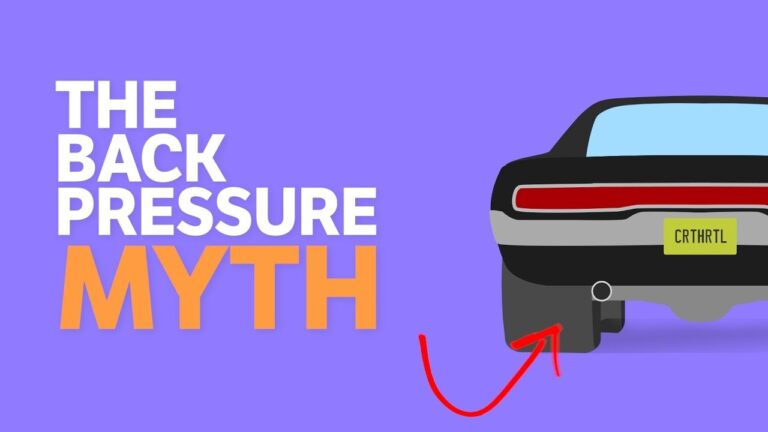Is your car’s clutch giving you trouble? Don’t worry, you’re not alone.
What is a Hydraulic Clutch?
A hydraulic clutch transfers pressure from your foot to the clutch of your car.
Common Signs of a Hydraulic Clutch Not Engaging Properly
- Cars can’t change gears easily.
- The car may feel like it’s slipping.
- There might be a weird noise when using the clutch.
- The clutch pedal may feel odd.

Credit: haynes.com
Table: Reasons why a clutch may not work right
| Problem | What It Does | How You Know |
|---|---|---|
| Low Fluid Level | Clutch won’t engage fully. | Your clutch pedal is soft. |
| Air in the System | Makes the clutch weak. | Clutch feels spongy. |
| Leak in the System | Fluid goes missing. | Wet spots under the car. |
| Faulty Clutch Slave Cylinder | Clutch won’t disengage. | The gear won’t change smoothly. |
| Faulty Clutch Master Cylinder | Pressure can’t build up. | Clutch pedal drops to the floor. |
1. Checking the Clutch Fluid Level
First, find the fluid reservoir. It is near the driver’s side.
The fluid should be between the marks on the reservoir. If not, add more fluid.
2. Bleeding the Clutch to Remove Air
“Bleeding” means letting air out of the system.
This is done using a special valve on the clutch system.
3. Finding and Fixing Leaks
Leaks can cause the clutch not to engage.
Look for wet spots under the car.
Check hoses and seals for damage.

Credit: www.reddit.com
4. Replacing the Clutch Slave Cylinder
When the cylinder is broken, the clutch won’t work right.
This part gets press from the fluid to move the clutch.
Replacing it can solve your problem.
5. Changing the Clutch Master Cylinder
The master cylinder is important for clutch pressure.
If it’s broken, the pedal can drop to the floor.
Getting a new one can fix the issue.
Conclusion: Keeping Your Clutch Happy
Your car’s hydraulic clutch is like any friendship, it needs care.
Regular checks can keep it working well.
Remember, if the clutch feels wrong, it’s time to check it.
If this article was helpful, share it so others can learn too!
Frequently Asked Questions Of Hydraulic Clutch Not Fully Engaging
What Causes Hydraulic Clutch Issues?
A hydraulic clutch can experience issues due to leaks, air in the system, or worn components like the master/slave cylinder.
How To Diagnose Clutch Engagement Problems?
Check the fluid level, inspect for leaks, and test the pedal pressure to diagnose clutch engagement problems effectively.
Can You Bleed A Hydraulic Clutch?
Yes, bleeding a hydraulic clutch is possible and often necessary to remove air bubbles that disrupt fluid pressure.
What Are Symptoms Of Clutch Failure?
Symptoms include slippage, hard shifting, unusual noises, and a pedal that feels spongy or sticks to the floor.
